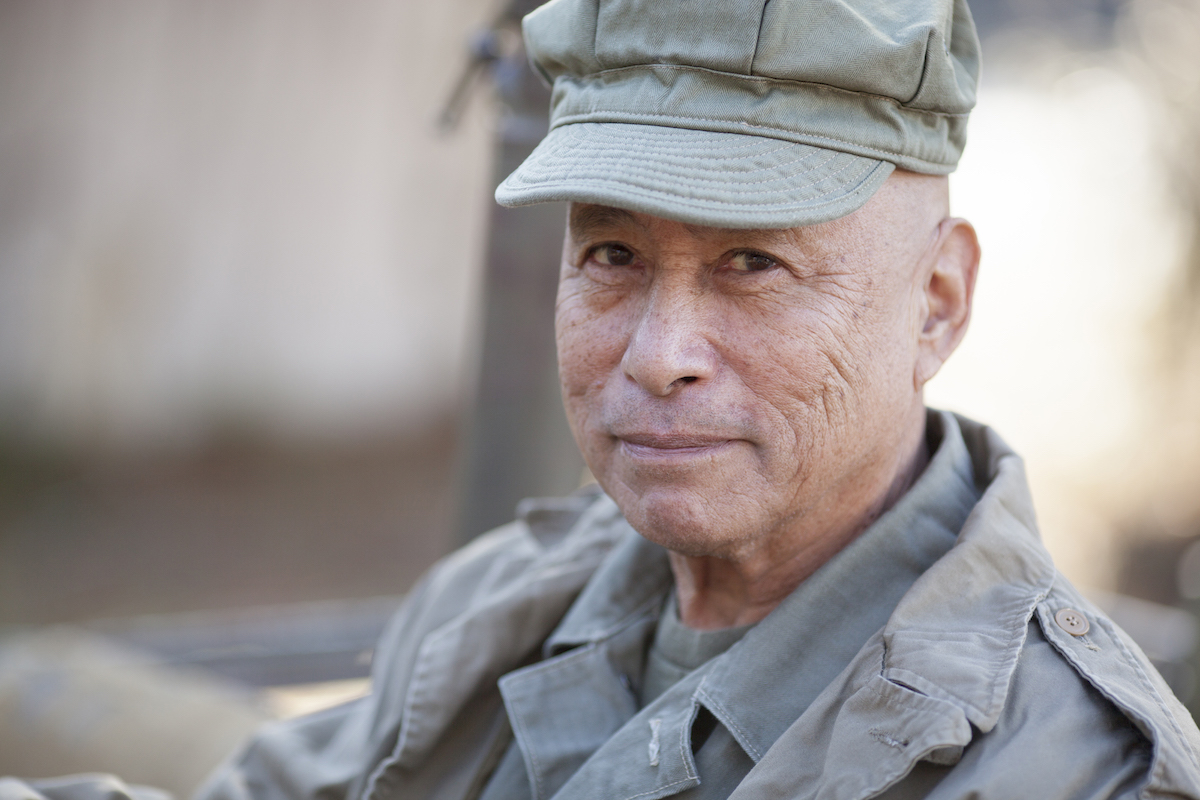A Guide For Veterans And Healthy Aging
As veterans transition into their retirement years, maintaining their health and well-being becomes a top priority. In this in-depth guide on “Healthy Aging for Veterans: Resources and Support,” we will explore a variety of topics, resources, and support systems available to veterans as they embark on the journey of aging gracefully. From healthcare options to financial assistance, this article is designed to provide valuable insights and expert advice for veterans and their families.
Understanding the Unique Needs of Veterans
We will start by explaining the unique needs of veterans as they age.
- The Importance of Tailored Support
Aging veterans, who have dedicated their lives to serving their country, often face unique challenges stemming from their service experiences. These challenges may include physical and mental health issues, as well as social and emotional adjustments. It is crucial to understand and address these needs in order to promote healthy aging and ensure that veterans receive the support they deserve. - Accessing Veteran-Centric Healthcare
When it comes to healthcare, veterans deserve the best possible care that is tailored to their specific needs. Fortunately, there are specialized healthcare services and facilities available exclusively to veterans. These services not only provide medical treatment but also take into account the unique health concerns that veterans may face, such as combat-related injuries or exposure to hazardous substances. By exploring these veteran-centric healthcare options, veterans can receive the specialized care they need to maintain their well-being. - Financial Support and Benefits
Retirement can bring about financial uncertainties, but for veterans, there are various financial assistance programs and benefits that can provide peace of mind during their retirement years. These programs can include pensions, disability benefits, and educational assistance, among others. Understanding and accessing these financial support systems is essential for veterans to thrive in their post-service lives and ensure a stable and secure future.
By delving into the unique needs of veterans and providing tailored support, healthcare, and financial assistance, we can honor their service and contribute to their overall well-being. Together, let’s ensure that our veterans receive the care, respect, and appreciation they deserve.

Maintaining Physical Health In Veterans
When it comes to healthy aging for veterans, maintaining physical health is of utmost importance. Engaging in regular physical activity not only helps to improve overall well-being but also offers numerous benefits specific to veterans. From enhancing cardiovascular health to managing weight and reducing the risk of chronic diseases, staying physically active plays a crucial role in supporting the health and longevity of veterans.
In addition to physical activity, nutrition also plays a vital role in ensuring optimal well-being for veterans. A balanced and nutritious diet can provide the necessary fuel and nutrients to support overall health, enhance immune function, and promote healthy aging. By making informed dietary choices and incorporating a variety of nutrient-rich foods, veterans can optimize their well-being and enjoy a higher quality of life.
It is important to highlight that veterans dealing with chronic health conditions require appropriate and comprehensive care to age happily and healthily. Access to specialized healthcare services, tailored treatment plans, and ongoing support is crucial to effectively manage and address their unique health needs. By providing the care and support they deserve, we can ensure that veterans receive the necessary resources and assistance to maintain their physical health and well-being throughout the aging process.
By prioritizing physical activity, nutrition, and comprehensive healthcare, we can empower veterans to lead fulfilling lives and age gracefully while preserving their overall health and vitality.
Good Mental Health Helps Foster Healthy Aging For Veterans
There are numerous mental health challenges that veterans may face, and it is crucial for them to have access to resources that can help them maintain their emotional well-being. One significant area where veterans often struggle is combating feelings of loneliness and isolation, particularly among aging veterans who may experience these emotions more intensely.
When veterans receive the necessary support and care for their mental health, they have the opportunity to lead a more fulfilling life. There are several ways in which veterans can receive support for their mental and emotional well-being. For instance, support groups or counseling sessions can provide them with a safe space to share their experiences and connect with others who may have similar struggles. Additionally, maintaining strong relationships with friends and actively participating in social gatherings can help combat feelings of isolation.
Family events and visits also play a vital role in supporting veterans’ mental health, as spending quality time with loved ones can provide a sense of belonging and support. Furthermore, having a hobby or even a pet can be incredibly beneficial. Engaging in activities that bring joy and fulfillment can help veterans find purpose and improve their overall well-being.
By prioritizing mental and emotional well-being and utilizing these various support mechanisms, veterans can navigate the challenges they face and lead happier, healthier lives.

Healthy Aging for Veterans: Resources
Maintaining a strong social network is essential for veterans as they age. Social engagement and community involvement can have a profound impact on mental and emotional well-being. Veterans often find camaraderie and support by connecting with fellow service members and participating in community activities.
- Veterans’ Organizations and Support Groups. Numerous veterans’ organizations and support groups exist to provide a sense of belonging and assistance. These groups offer a platform for veterans to share their experiences, challenges, and triumphs. Whether it’s a local veterans’ club or a national organization, these groups often host events, meetings, and gatherings that encourage veterans to stay engaged.
- Volunteering and Giving Back. Many veterans find purpose and fulfillment by giving back to their communities through volunteer work. Volunteering not only benefits others but also provides a sense of accomplishment and a renewed sense of purpose. There are various volunteer opportunities specifically designed for veterans, allowing them to use their skills and expertise to make a positive impact.
- Community Resources and Senior Centers. Local communities often offer a range of resources and programs tailored to seniors and veterans. Senior centers, in particular, provide a hub for social activities, fitness classes, educational workshops, and more. These centers foster a sense of community and offer a welcoming space for veterans to connect with peers.
- Online Communities and Virtual Support. In today’s digital age, veterans can also connect with others through online communities and virtual support networks. Social media groups, forums, and video chats enable veterans to stay connected from the comfort of their homes, especially for those who may have mobility limitations.
Conclusion
We hope this guide on “Healthy Aging for Veterans: Resources and Support” was helpful to you, thank you for reading! By accessing the available healthcare, financial, and emotional support systems, veterans can look forward to a fulfilling and enjoyable retirement. Remember, you’re not alone on this journey, and there are numerous resources and experts ready to assist you in maintaining your health and well-being.
Related Questions
What are the key healthcare services available for aging veterans?
Veterans have access to a range of healthcare services, including VA hospitals, clinics, and specialized programs tailored to their needs.
How can veterans maintain an active lifestyle in their senior years?
Veterans can stay active through VA-sponsored fitness programs, community activities, and support groups.
What financial benefits are available to veterans after retirement?
Veterans can receive pension benefits, disability compensation, and financial aid for education, among other forms of support.
How can veterans address mental health issues in their later years?
Veterans can seek counseling, therapy, and support from VA mental health services to address mental health concerns.
What housing options are suitable for aging veterans?
Veterans can choose between home modifications, assisted living, or long-term care facilities based on their needs and preferences.
How can veterans ensure their legal and financial affairs are in order?
Veterans can consult legal professionals and use VA resources to plan their estates and access financial assistance.


